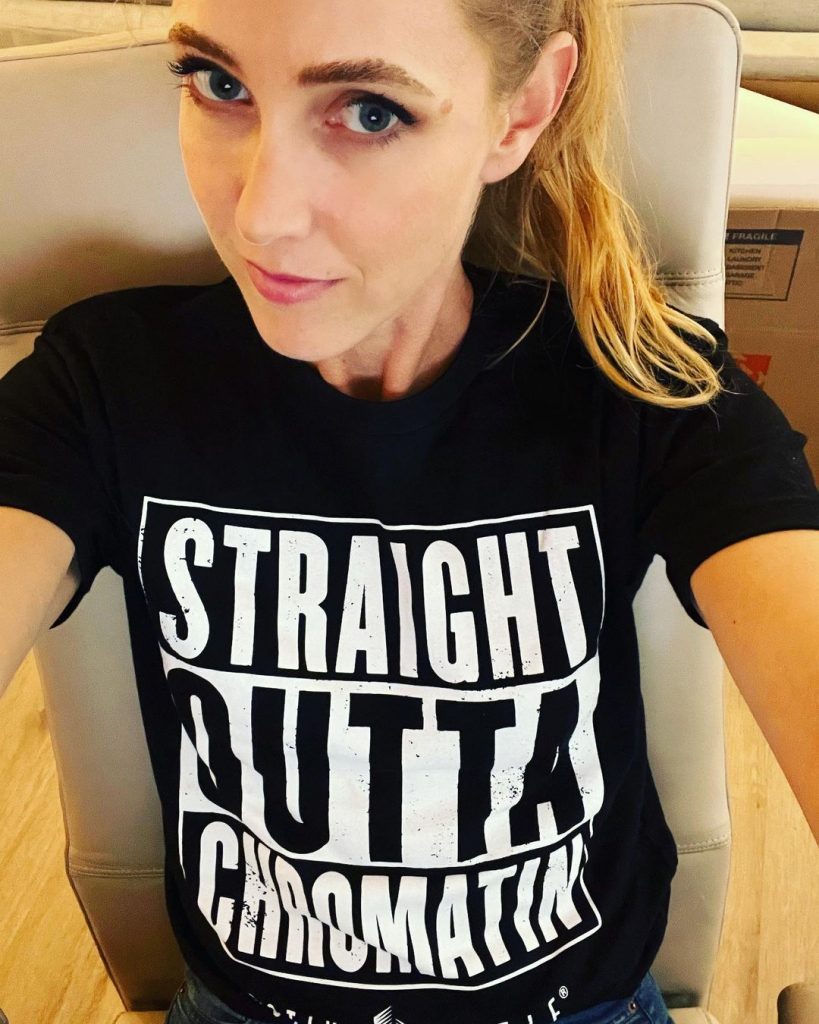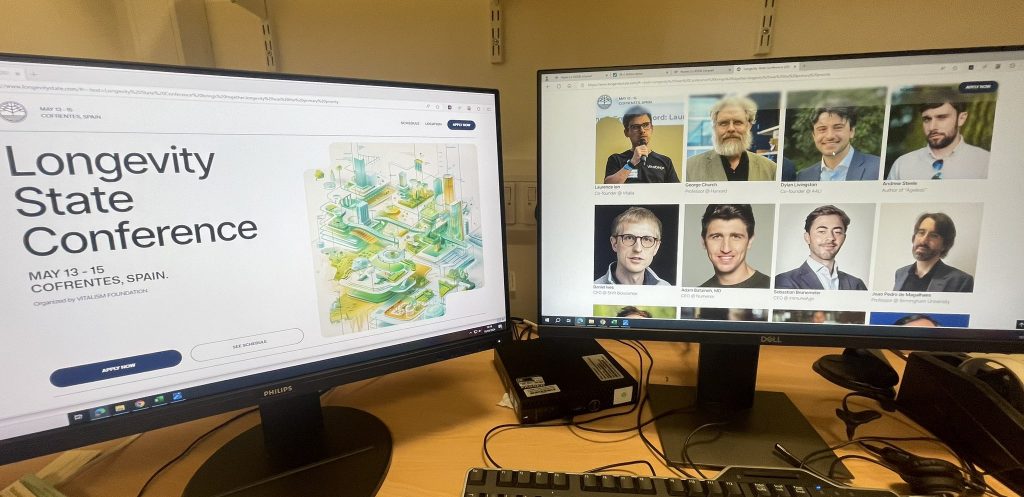Key Points:
- Based on a low proportion of female speakers at an upcoming longevity conference, Levine says this does not reflect the proportion of female researchers in the field.
- In response, some argue that only results matter, and it doesn’t matter if males or females obtain such results.
Morgan Levine, Ph.D., is a former Yale professor currently conducting research at the San Diego branch of Altos Labs. Altos Labs, a biotech company aiming for age reversal, is one of the most well-funded of its kind, receiving money from investors like Jeff Bezos. At Altos Labs, Levine works alongside an impressive group of colleagues, including Nobel laureates like Dr. Jennifer Doudna, co-inventor of CRISPR technology, and chemical engineer Dr. Frances Arnold.

In mid-April of 2024, Dr. Levine responded to a tweet concerning the Longevity State Conference in Spain where individuals like Bryan Johnson will discuss the building of a longevity state (e.g. society or nation). The tweet was posted by Adam Bataineh, M.D., who is the CEO of Numenor Health, apparently named after the Númenóreans, a fictional bloodline of humans created by J.R.R. Tolkien that lived 400 to 500 years. The Numenor Health website says,
“Most of our members follow Peter Attia, Andrew Huberman, David Sinclair, and others. If that resonates with you, you’ve found your tribe.”
In Dr. Bataineh’s tweet, he says, “Looking forward to be part of a great lineup at The Longevity State Conference hosted by the Vitalism Foundation.” Additionally, his tweet contains an image of some of the conference’s speakers, who are all men.

Levine’s response to Bataineh says, “Why does it also appear like the entire field is made up of men? Longevity/aging has a major gender balance issue!” She goes on to say, “I know people will assume I’m saying this out of jealousy (it’s always the assumption), but I really think it’s a disservice to the science not just the scientists.”
In a subsequent post, she clarifies,
“Just to be clear—I’m not complaining that there are not women in aging science. I’m complaining that there are brilliant female scientists in the field, but they are just far less represented in panels, consortia, committees, and in the media.”
Levine Triggers Some Comments
In one of Levine’s most viewed comments, Dante Perea argues that the point of aging research is to find how to reverse aging. It doesn’t matter who gets the results; it matters that the results are got. He said,
“I do not care if the cure of aging is coming from a puppy, an alien or a cat with boots. Let’s go to work and forget anything that is not leading us to solve the problem. Secondly, I’ve been in events like VitaDAO organized in Abu Dhabi where most part of the speakers were women.”
Levine responds, arguing that the more diverse the people involved, the more likely results can be achieved. She said,
“The likelihood of success is a result of having a diverse group of people enthusiastically working on a problem. How does dampening the contribution from a sector of the field help anyone?”
Andrea Pinaroli refutes Levine’s response, contending that competence is the primary ingredient for achieving results, saying,
“Maximising the competence of the group leads to higher likelihood of success, not subjective, non-defined, manipulation-subjected concepts like “diversity”. This last assertion you made damages the actually right argument you made about there needing to be no discrimination.”
Levine sarcastically answers, pointing out that neither competence nor diversity are well-defined metrics that are free of subjectivity. Her tweet says,
“Because “competence” is such an objective, well-defined metric with no underlying bias? Ok…”
She then shares a link to an article about how diversity, particularly incorporating more women, in business teams, leads to products that address a wider customer base. The next day, she posted a tweet saying,
“Interesting that my calling out a conference with a 12:1 male:female ratio was so triggering to some guys. Apparently, my 5-second tweet is detracting from progress in the field…”
Barriers
Addressing Levine’s post, the aging doc David Barzilai, M.D., Ph.D., M.S., M.B.A., says,
“There are several levels of barriers. One is awareness and opportunity entering the field. Another is support and representation once part of it. Accommodations for family (such as objective yet work/life balance equitable and flexible), mentorship and other solutions to barriers in career development and promotion and other measures can be taken.”
He then lists some barriers to entering and progressing within academia:
- Sexism in academia
- Workplace biases against mid-career women
- Women are cited less in journals
- Women often go unacknowledged for their work
Being aware of these barriers may help with achieving more female representation in scientific research. Dr. Barzilai also provides a link to the Women in AGE Networking List, a list of female researchers that can be contacted for invitations to conferences, etc. Overall, networking while being mindful of equity across gender, race, and age may allow for underrepresented groups to have greater success in scientific research, including the field of aging biology.